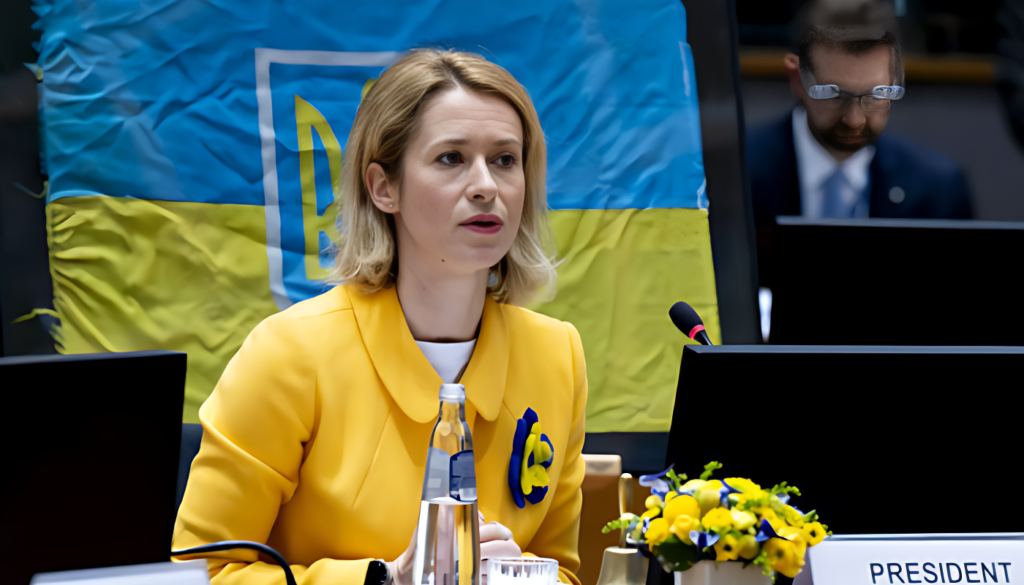
Kaja Kallas, the European Union’s High Representative, has unveiled a bold proposal to mobilize up to €40 billion in military support for Ukraine, significantly increasing the EU’s commitment to helping the country defend itself against Russia’s ongoing aggression. The plan, informally known as the “Kallas Initiative,” seeks to address Ukraine’s urgent defense needs, including artillery ammunition, air defense systems, drones, fighter jets, and missiles.
Key Aspects of the Kallas Initiative
Kallas’ plan aims to double the EU’s military aid to Ukraine compared to previous years. It will focus on both lethal and non-lethal aid, with provisions for training and essential equipment. The initiative encourages contributions through direct deliveries or financial support, which would allow Ukraine to purchase military equipment from its growing domestic defense industry.
The proposal emphasizes a flexible approach, aiming to create a coalition of willing countries, sidestepping potential opposition from nations like Hungary, which has previously blocked military aid to Ukraine.
Political Resistance and Hungary’s Role
Despite the ambitious scale of the Kallas Initiative, the proposal faces significant political resistance, especially from Hungary. Hungary has repeatedly vetoed EU military support for Ukraine, and Prime Minister Viktor Orbán has criticized the military aid as exacerbating the conflict. Kallas’ plan, however, is designed as a voluntary scheme to bypass Hungary’s veto power, with contributions encouraged from participating countries without a mandatory requirement.
Additionally, countries outside the EU, such as the United Kingdom and Norway, are invited to join the coalition. Norway, for instance, has already pledged a substantial €8.19 billion in support for Ukraine.
Financial and Logistical Challenges
While the Kallas Initiative has made significant strides, it still faces unresolved issues, particularly around the allocation of funds. A key discussion point is how to determine each country’s contribution, with proposals to base donations on the country’s Gross National Income (GNI). France has expressed concerns over this formula, arguing it could lead to excessive financial commitments.
The proposal also raises questions about how to incorporate previous contributions and how to align the plan with the EU’s €18 billion loan to Ukraine, backed by Russia’s frozen assets.
Next Steps for the Kallas Initiative
The Kallas Initiative will be revisited during upcoming meetings of EU foreign ministers and leaders. While the plan faces challenges, Kallas is pushing for a political agreement to move the proposal forward. As the war in Ukraine continues to escalate, the EU’s response and support will remain critical in ensuring Ukraine can continue its defense against Russian aggression.
The Kallas Initiative represents a significant shift in EU military assistance, aiming to create a more flexible and collaborative approach to support Ukraine’s defense needs. However, further negotiations and political clarity are needed before the plan can be fully realized.
